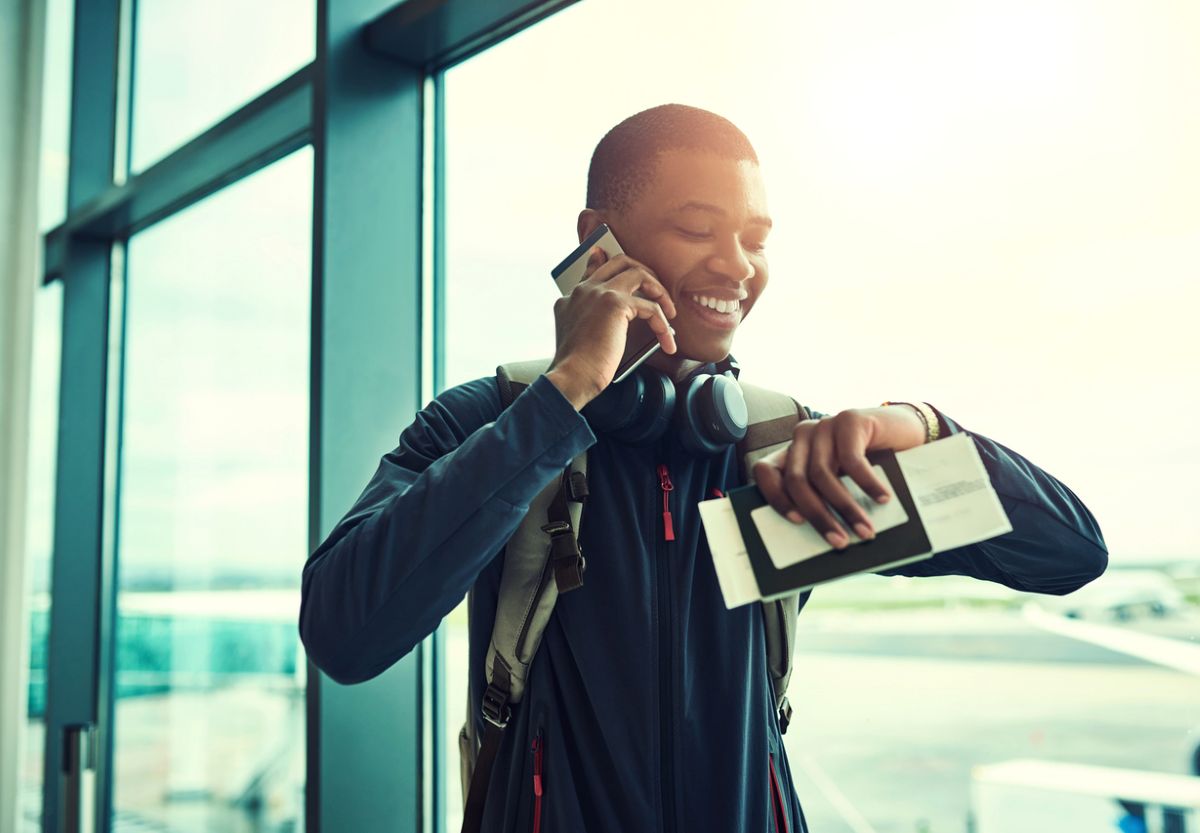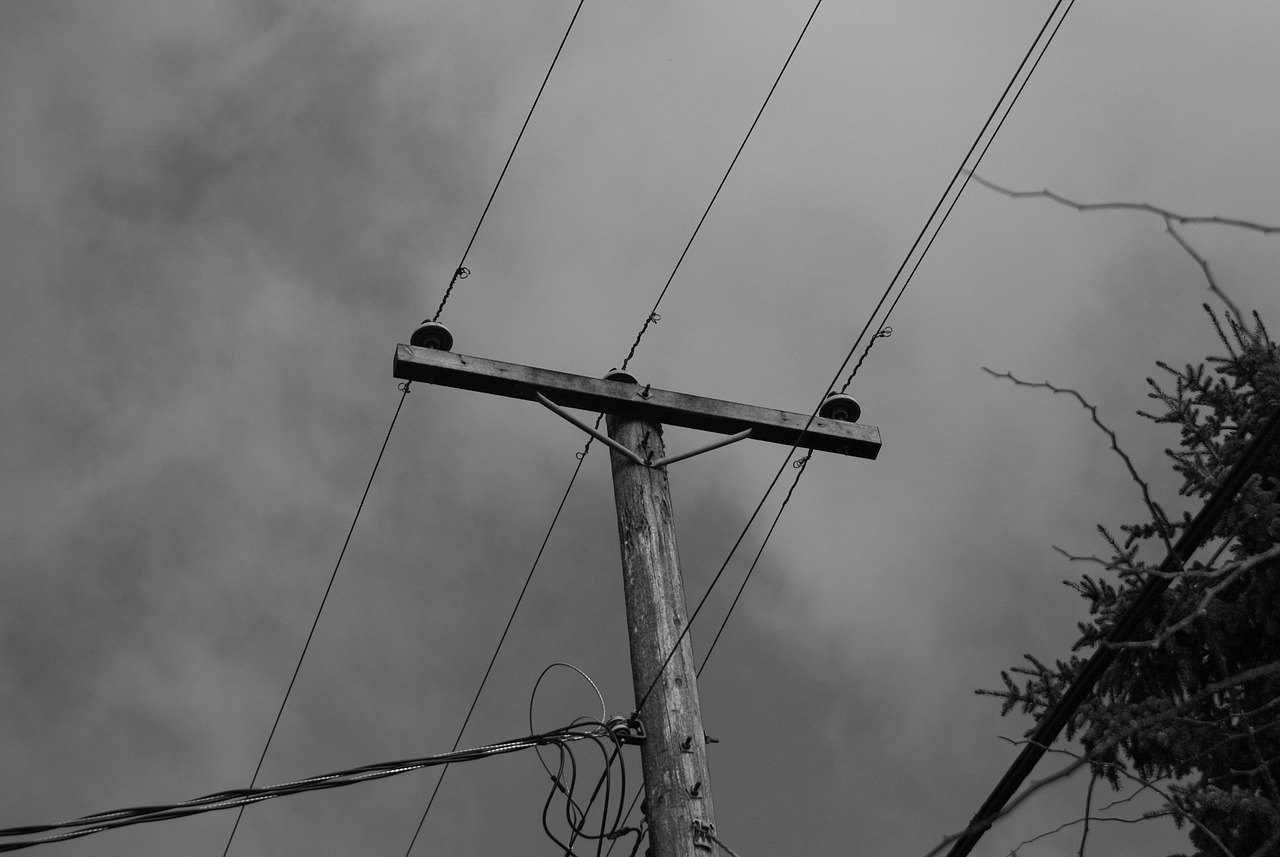Phone etiquette abroad: The smart traveler’s guide

For those with wanderlust, traveling the world is a dream come true. But one thing is for sure, whether traveling for business or pleasure, your experience can be heavily influenced by your phone etiquette. And no, we aren’t talking about when you make a call. We’re talking about how you use your phone in other countries.
According to the International Trade Association, as of May 2025, 6.855 million people flew to a foreign country from the U.S., bringing international travel up 1.7 percent since May 2024. And that number is expected to keep growing. If you’re one of those travelers or plan to be, it’s important to know how international call norms work and how to use your phone in a foreign country. The following will help you navigate the world, phone in hand with confidence and without offending other cultures.
Learn the language basics and beyond
Hola. Bonjour. Ciao. Konnichiwa. These are all ways to say Hello in a different language –Spanish, French, Italian, and Japanese, respectively. But knowing more than just hello in a different language can earn you respect as an international traveler. We recommend that you:
- Make it a point to learn pleasantries.
- Get familiar with international call specific phrases such as “who’s calling”, “please”, and “thank you”.
- Learn to pronounce common names and places correctly.
- Identify how different cultures answer the phone – is it formal with proper introductions, or informal with just a “hello”?
Respect time zones before you call
Knowing and respecting the time zones during your international travel goes a long way in avoiding confusion, showing respect and allowing you to plan effectively. To avoid early-morning or late-night calls that feel inconsiderate, always check the local time zone before making a call or scheduling a meeting. Phone apps for traveling abroad, like a world clock app, can help you determine appropriate call etiquette.
Know how to call internationally
If you need to make a call to or from a different country, don’t look clueless; know the country codes and how to use them to call internationally. You will need to use them to get a call through. VoIP calling can help with this. Since VoIP is calling over the internet, it can be more affordable and easier for international calls. You can also make calls through the Ooma mobile app.
You should also familiarize yourself with how to make an emergency call in the country you are visiting. Dialing 911 only works in the U.S., and you don’t want to be caught unprepared in a foreign country.
A wise traveler should also know how to contact the U.S. Embassy from the area you’re traveling. A complete contact list can be found here. Program it into your phone so you always have it handy. You can also enroll your trip with the Smart Traveler Enrollment Program (STEP), which among other useful information allows the U.S. Department of State to contact you in the case of an emergency.
Understand cultural norms around communication
When you travel to another country, make it a point to learn the culture and what is expected when it comes to phone etiquette. Some countries prefer text messages over calls, while others prefer calls over text. Some countries respond better to formal greetings, while others, like the U.S., are fine with more casual greetings. Likewise, while jokes might work in the U.S., they could fall flat in other cultures. Knowing this will prevent some awkward silences.
Mind your surroundings
This one’s a big one: Know your surroundings and what is expected of the area you’re visiting. In most cultures, it is considered offensive to use your phone in formal or sacred places.
Public places are a bit more tricky to figure out. For example, while the U.S. is accustomed to people taking phone calls in public places, in Japan, it is considered disrespectful of other travelers to take a call in a public place, like on public transit.
If you aren’t sure if you should or shouldn’t take a call in public, or if it’s a call you must take, then:
- Step aside when taking the call to avoid disrupting others.
- Speak in quiet tones to keep harmony in public spaces.
- Put your ringtone and notifications on silent to avoid distractions to other travelers.
Practice courtesy in group travel
Regardless of where your travels take you, there are some common-sense courtesies to follow. Face-to-face interactions hold much more meaning when you aren’t distracted by your phone screen, so we recommend that you keep your phone tucked away during meals and shared experiences like excursions.
If you must take a call during a meal or event, excuse yourself politely, handle the call in a quiet and private manner and return to your activity as soon as possible with your phone tucked away.
Conclusion: Stay connected, stay considerate
As you travel, keep in mind that no experience on your phone can compete with the beauty of the world in front of you or the connections available next to you. Mastering phone etiquette abroad is more than just following a set of rules; it’s immersing yourself in the culture of others and showing respect for those who are welcoming you.
When it comes to making international calls while abroad, the Ooma mobile app makes it easy. And remember, these same courtesies apply. Your call etiquette should reflect curiosity and a deep respect for every culture.



